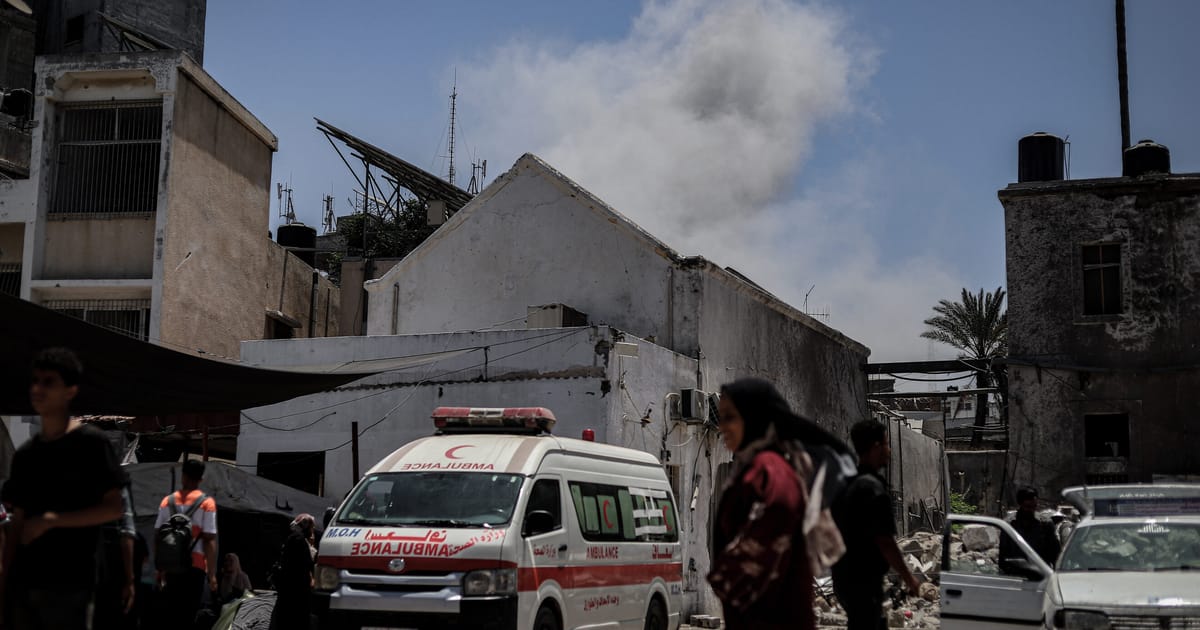

In the midst of ongoing challenges, there is a glimmer of hope on the horizon as diplomatic efforts intensify to bring about a lasting ceasefire in Gaza, while on the global trade front, significant steps are being made to resolve longstanding tensions between the United States and China.
As tensions continue to simmer in Gaza, Israel’s Prime Minister, Benjamin Netanyahu, is en route to Washington to engage in crucial talks aimed at bringing about a truce. These discussions are intended to pave the way for a 60-day ceasefire, a proposal heavily backed by U.S. diplomacy. The ceasefire is expected to provide much-needed humanitarian relief and a break from the fierce hostilities that have plagued the region for nearly 21 months.
Despite ongoing Israeli airstrikes in Gaza, which have resulted in the tragic loss of life, including 38 casualties as noted recently, there is optimism surrounding the negotiations. This cautious hope is fueled by Hamas’ readiness to engage in talks, aiming for a peaceful resolution. Israel has also sent a delegation to Qatar to participate in these critical negotiations, although there remains a firm stance against modifying the current ceasefire terms proposed.
A key aspect of the proposed ceasefire is the commitment of the United States to ensure Israel adheres to the truce, as well as facilitating a partial suspension of military flights to ease tensions in the skies above Gaza. These measures are set to promote stability and pave the way for sustained peace efforts.
On a broader international level, tensions between the United States and China, two of the world’s largest economies, appear to be cooling. Both nations have agreed to lift restrictions on key exports, signaling a desire to mend ties and move away from the prolonged trade war that has impacted global markets. This agreement is built upon an understanding fostered during meetings in London, aiming to enhance industrial production by easing trade barriers.
This positive development is not only promising for the two countries involved but also for the global economic landscape. By facilitating smoother trade operations, both nations hope to contribute to a more stable and prosperous economic environment, underpinning a commitment to cooperation and mutual benefit.
In a related vein, the BRICS nations have collectively called for urgent reforms of the International Monetary Fund (IMF) and the World Bank, advocating for a development model that is fairer and more equitable. This appeal reflects a broader desire within the Global South for enhanced cooperation and an economic system that better caters to their needs and aspirations.
Through these significant diplomatic efforts, whether in the form of direct ceasefire negotiations or easing trade restrictions, there is a concerted global effort to foster peace and prosperity. As these discussions advance, there is hope that they will yield tangible outcomes that pave the way for a more harmonious global community.
Source: {link}
